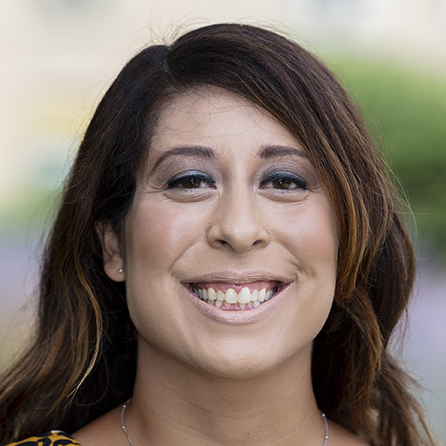Study Format
- On Campus
Program Length
- 33 Credit Hours
Application Deadlines
Domestic Students
Summer 2025 Application Due | Classes Start May 5, 2025
International Students
Summer 2025 Completed File Due | Classes Start May 5, 2025
The Department of Music recognizes music as a gift of God and means through which all people can participate more fully in the world around them. The department provides all Concordia-Chicago students a variety of opportunities to study and perform music, enabling their lifelong growth and involvement in the arts, while enriching the larger community. At the graduate level the goal of the department of music is to provide a broad-based musical education with an emphasis on church music and/or general music studies.
Program Objectives
The master of church music degree is designed to provide an opportunity for students with an undergraduate degree in music to continue their musical education by implementing an integration of curricular studies and applied music in organ or voice oriented to the practical and professional requirements of the church musician. It is intended for persons desiring to lead church music in the local parish and in the larger church.
Learning Objectives/Competencies
This program will provide opportunities for the student to:
- Broaden experience with and understanding of music in the church.
- Engage in scholarly research in the church’s musical heritage.
- Adapt new forms of musical expression to the requirements of the parish.
- Extend one’s capacities in musical creativity and performance.
- Enhance one’s ability to enrich the worship life of the parish through music.
Entrance Requirements
Students applying for the Master of Church Music degree will:
- hold an undergraduate degree in music or its equivalent, with studies in the field of specialty
- show evidence of completing a senior recital or its equivalent
- pass entrance exams in music theory, aural skills, and music history
- demonstrate performance ability by audition in organ or voice
- demonstrate piano skills equivalent to the intermediate level
- have experience in church music leadership or demonstrate potential
Students with undergraduate deficiencies may satisfy the entrance requirements by taking undergraduate level work, any available review courses, or by self‐study and examination. Deficiencies in music theory, music history or aural skills should be removed by re‐examination before the close of the second term of graduate study. Courses taken to satisfy deficiencies may not be counted toward the graduate degree.
Program Requirements
Successful completion of 33 semester hours of coursework including the master’s capstone experience. The master of church music program requires a recital on organ or voice and a church music practicum.
The master of church music program may be completed in four consecutive terms (summer, fall, spring, summer) or five consecutive four-week summer terms. Students must plan to be in residence for at least two consecutive summers.
Program Information
Seminar in Higher Education (EDU 6015)
In addition to the base program curriculum, international students attending face-to-face classes on the CUC campus are required to take the Seminar in Higher Education, a 3-credit course. This requirement will not apply to international DBA students studying exclusively online.
